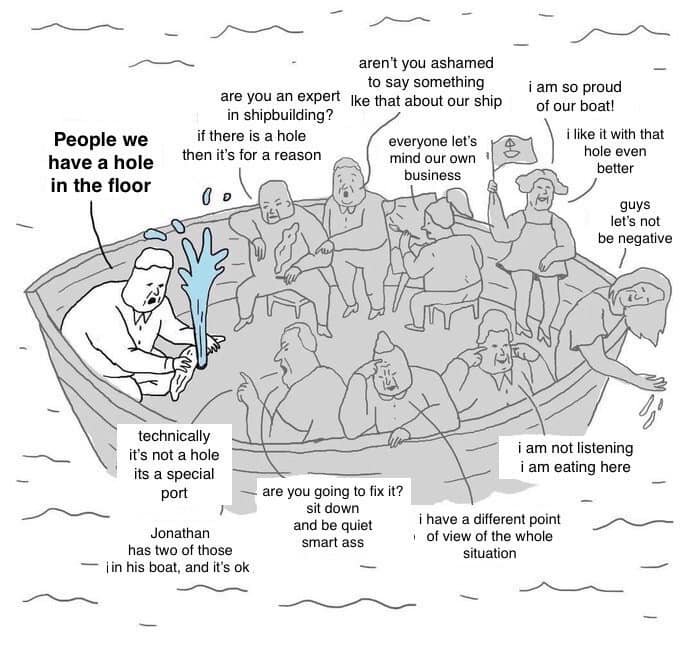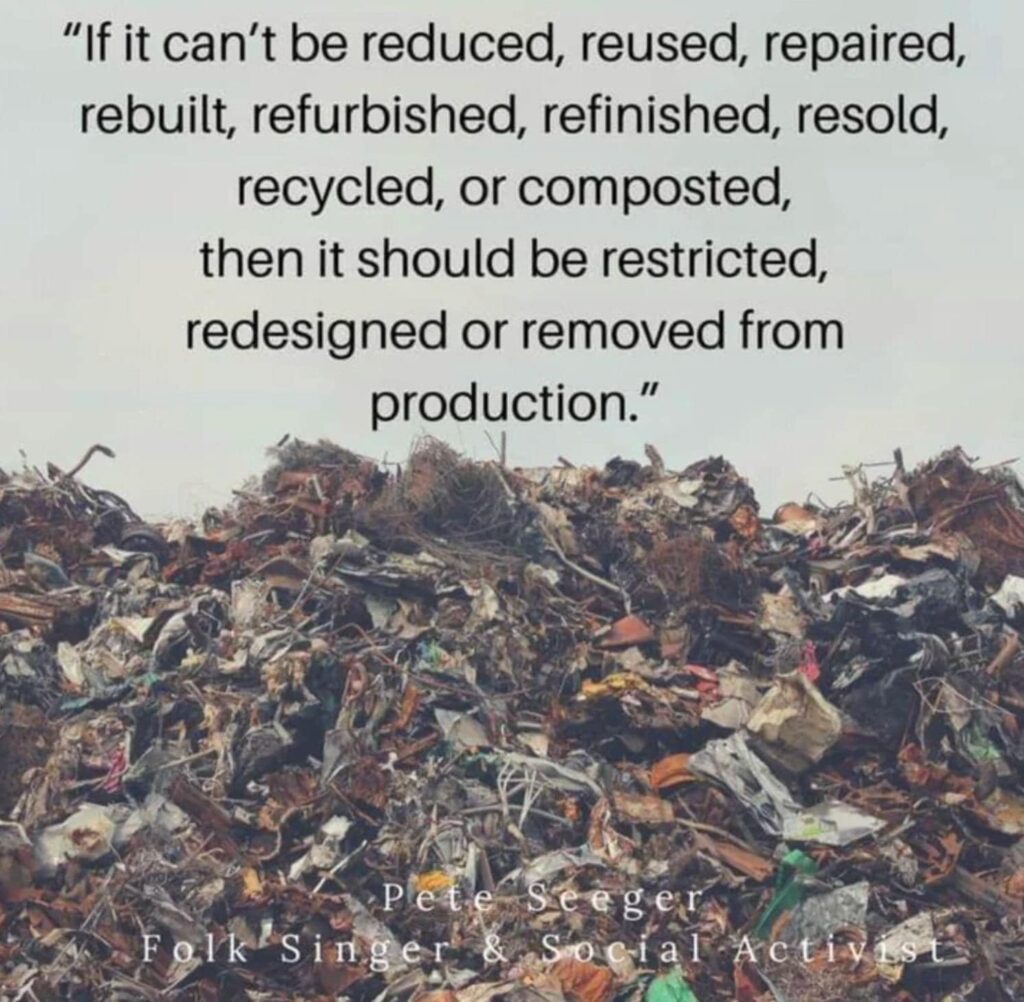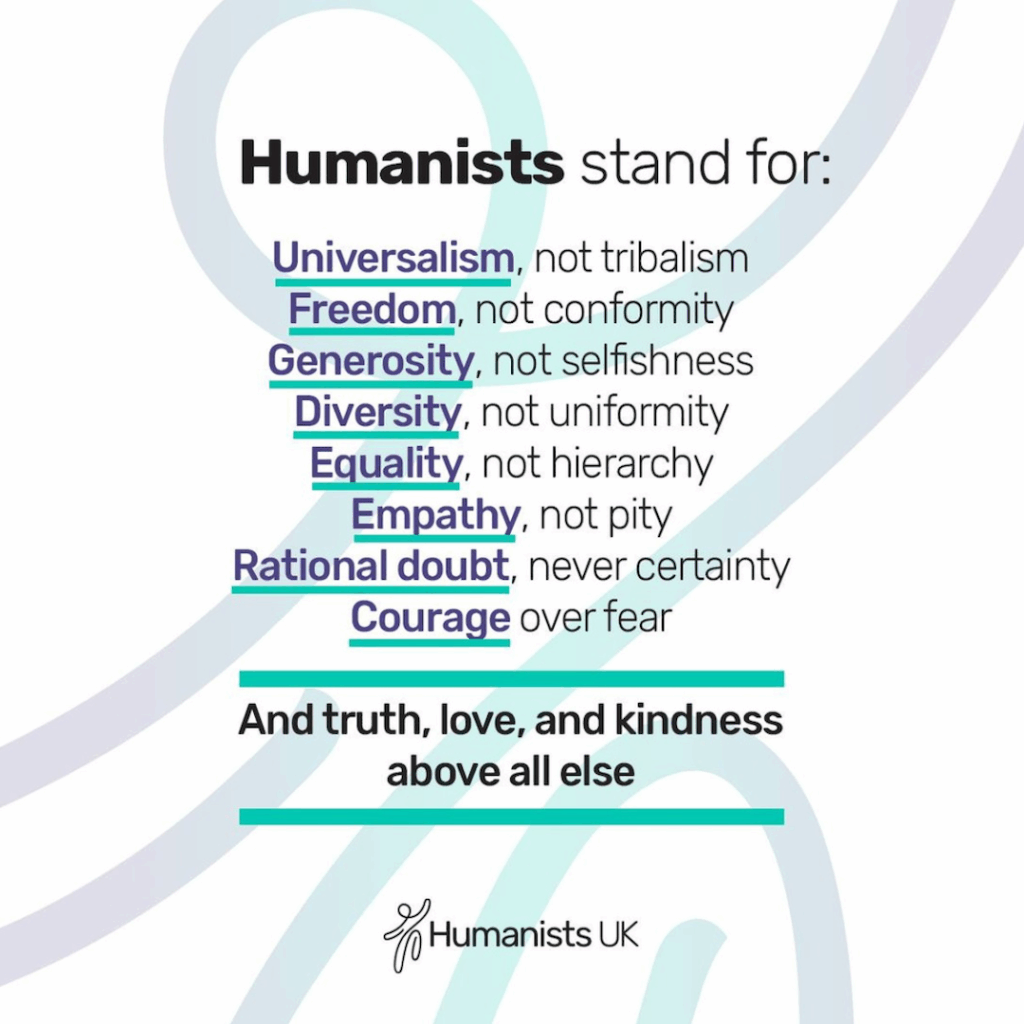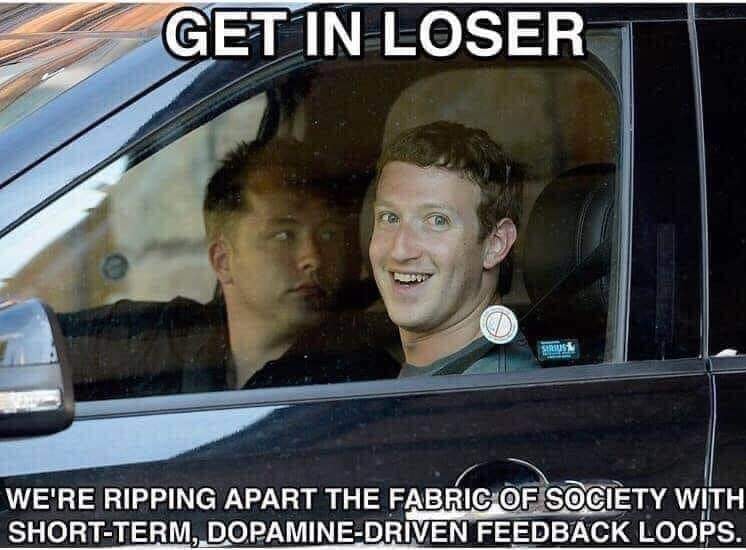There is a shifting of social and political paths underway, we will have a move to the left or the right, the centre path has made itself irrelevant through, with not having any valid path to mediate, growing social divisions and ecological breakdown. On the left in our efforts to find meaningful change, we often encounter the phenomenon of “trolling” a problem that has become more prevalent and divisive in recent years. The trolls, emboldened by the anonymity and reach of the #dotcons, try to act as gatekeepers of thought, determined to shut down any ideas or alternatives that fall outside their narrow, and often mean-spirited, views of the world. No matter which political ideology they think they are pushing, this is a right-wing path driven by fear and the need for control. It can be useful to look at these individuals as being drawn from two distinct but overlapping groups: #geekproblem and #fashionista.
The geekproblem, is normally a technical path, but on the social side they often approach activism with a rigid mindset, fixated on technological solutions or unthinking, thus #blinded ideological frameworks. These people are generally well-versed in their specialized areas – be it coding, digital security, or political theory – but are quick to dismiss any ideas that don’t conform to their existing dogmatic and blinded beliefs. Pushing themselves as guardians of “the truth” or the “right way”, but this is from their world they can see, and thus way to often so narrow as to be irrelevant in the messy world we actually live in and have to navigate our way through.
This attitude manifests as trolling behaviour, attacking, undermining, and deriding people who suggest different approaches and alternatives. They forget that the goal is not to dominate the conversation, but to build a collective path that embraces diversity and complexity. Their (blinded) rigidity becomes a barrier to experimentation and cooperation, stifling the messy but working solutions we desperately need.
On the other #blocking path, we have the #fashionistas who are more concerned with appearances, trends, and social currency within activist spaces and wider #mainstreaming society. This group prioritizes being seen as part of the “right” movements, using the “right” language, or following the “right” trends over actually engaging in real meaningful, substantive work. They engage in social gatekeeping, where deviations from the accepted norms or language lead to ostracization and public shaming. This too is trolling, shutting down anything that is outside their blind #deathcult fed #stupidindividualism. Adding to the mess, not composting it, unconsciously replicate the exclusionary tactics they sometimes claim to fight against, creating a culture of fear and conformity instead of openness, debate and the needed paths of diversity.
The consequence of this is the current lack of alternatives, the stifling mess where any alternative outside narrow definitions is attacked, ridiculed, then ignored. This prevents the growth of diverse solutions by marginalizing, then #blocking voices that think differently, and ultimately reinforces the status quo. In effect, the trolls on the internet, whether consciously or unconsciously, are blocking the change and challenge we need. This is a very right-wing path, what ever you might like to call this.
The sad and bad paradox is that these groups can share a genuine desire for social justice and systemic change, yet the inadequacy of their behaviour serves to uphold the paths and systems of oppression and exclusion they seek to dismantle. Trolling thrives on conflict and negativity, which feeds this mess so they can feed off it, it’s a nasty and negative circle.
What paths can we take? How do we move beyond this mess?
We can try and mediate this by focusing on compassionate communication, listening without instant judgment, speaking with some empathy, and seeking to understand rather than only to dominate—we can create spaces that are more inclusive and productive to find path to disagree without being disagreeable. Are we shutting down ideas too quickly? Are we dismissing people who don’t fit neatly into our ideological boxes? By staying open to self-critique, we can prevent ourselves from falling into the trap of this kind of narrow thinking. We can substance this path by building communities that have deepening roots in mutual aid and support.
To sustain these communities we need to focus on concrete actions, not only words, both the #geekproblem and #fashernista paths get bogged down in theoretical debates or performative displays of activism. Instead, we prioritize concrete actions that make tangible differences in our communities, whether through, building alternative networks to create spaces for messy dialogue and collaboration.
A first important step is to move outside the bindings of the dotcons, this is basic, the current internet infrastructure, dominated by social media giants (the #dotcons), is designed to amplify division, outrage, and addiction. To start to build meaningful alternatives, we need to step away from these platforms and cultivate the #openweb—decentralized, community-driven paths where we can experiment with new forms of social organization and communication.
For the last 20 years the has been a historic project, the #OMN, that is based on a culture that values diverse approaches, where multiple strategies and ideas can coexist, and where there is room for trial and error. To do this project requires a fundamental shift in an affinity group to move from rigid dogmas to a more flexible, #4opens approaches that encourage learning from the grassroot history mistakes and successes alike.
We can compost the negativity—the trolling, the rigid thinking, the performative posturing—to find fertile ground for new ideas to grow. To keep on this path we must remain open to different possibilities, willing to take risks, and courageous enough to challenge not just the status quo, but also ourselves. The trolls will always be there, but we don’t have to feed them. Instead, let’s focus on creating the world we want to see. The humanistic adventure in social technology, an Open Media Network of diverse voices and ideas. Let’s embrace the mess, compost it, and use it to grow something new. The path is open, and it can be a more happy one.
https://opencollective.com/open-media-network







